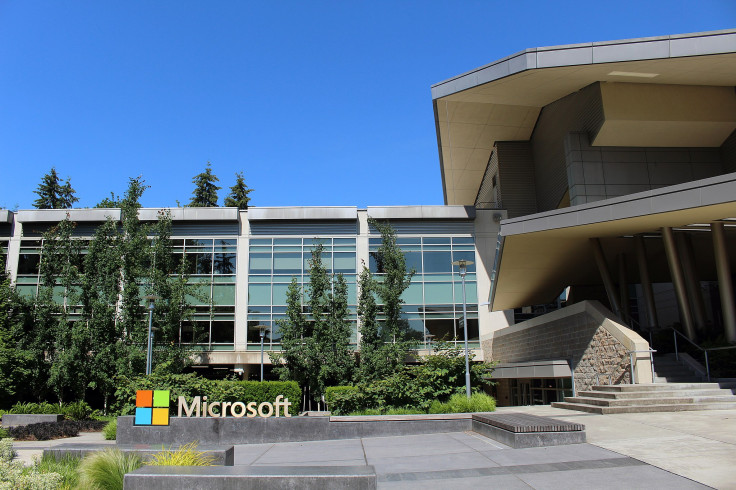
Microsoft is reportedly hoping that its data centres and AI ventures will be able to draw power from nuclear reactors in the future.
It is no secret that the emergence of artificial intelligence (AI) has taken the tech world by storm. Unsurprisingly, Microsoft and OpenAI are currently at the forefront of the AI space.
The Redmond-based tech giant has invested a lot of money in OpenAI. Still, ChatGPT integration couldn't save Bing Search from losing its market share, as per an earlier report.
Despite these challenges, both OpenAI and Microsoft have been able to achieve incredible feats. While it will be interesting to see how much more can both companies achieve if they continue to tap into the technology, there's a major concern surrounding the resources required to power AI.
Powering AI can be an arduous task
If a report by The Wall Street Journal is anything to go by, Microsoft has figured out how it can solve the problem. The WSJ report suggests the American tech behemoth has now set its eyes on nuclear power.
To those unaware, AI consumes a lot of power and water. In fact, a new study spotted by BBC suggests generative AI, particularly Bing Chat and ChatGPT, could consume enough energy to power a small country for a year by 2027.
Likewise, a separate report by Fortune claims Bing Chat and ChatGPT use 1 bottle of water for cooling every time you ask a question. So, it is safe to say that Microsoft's decision to look into an alternative power source for its AI ventures could allow the company to fully explore the technology's capabilities.
Large language models (LLMs) such as OpenAI’s ChatGPT and Google’s Bard consume a lot of energy and require massive server farms, making them thirsty and energy-intensive.
— Mahmoud Asi (@m_asi911) April 15, 2023
Researchers estimate that training for GPT-3 used 185,000 gallons (700,000 litres) of water.#chatgpt #AI pic.twitter.com/osRsiSybhw
Moreover, the move will help Microsoft reduce its carbon emissions. The word on the street is that Microsoft is currently training its large language models (LLMs) to expedite the regulatory process for nuclear projects.
If Microsoft can accomplish this impressive achievement, it will have an unlimited supply of nuclear energy to power its AI projects.
Microsoft's plans for nuclear energy
Microsoft is on course with its AI ambitions. As part of its plan, the company has teamed up with Helion. It is worth noting that the American fusion research company has elaborate measures in place which will come in handy for generating nuclear energy via nuclear fusion by 2028.
There's already a nuclear technology program manager job opening at Microsoft. As per the job posting, the role of the technology program manager will involve creating a reactor strategy designed to "power the data centres that the Microsoft Cloud and AI reside on".
Microsoft $MSFT is hiring a nuclear energy expert to help power its AI and cloud data centers putting together a road map for powering that computation with small nuclear reactors - CNBC pic.twitter.com/kxfEa8XGZa
— Evan (@StockMKTNewz) September 25, 2023
While moving forward with its plan to use nuclear energy to power its AI ventures seems like a fireproof way for Microsoft, the company will have to be very careful to ensure it doesn't cause more problems than solutions.
It is unclear whether Indian tech firms, which Microsoft believes will play a major role in AI development and adoption globally, will also look into nuclear energy as a plausible option for its AI ventures.







